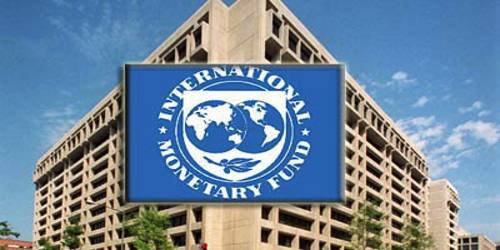From Isaac Anumihe, Abuja
International Monetary Fund (IMF) has said that rising food insecurity and poverty have remained a challenge to Nigeria’s economic growth rate.
This is contained in its World Economic Outlook (WEO) report released recently by the fund.
In the report, low vaccination rate and high debt service are some of the downsides to economic recovery in Nigeria.
“Notwithstanding the authorities’ (Nigeria’s) proactive approach to contain COVID-19 infection rates and the recent growth improvement, socio-economic conditions remain a challenge. Levels of food insecurity have risen and the poverty rate is estimated to have risen during the pandemic.
“The outlook faces balanced risks. On the downside, low vaccination rates expose Nigeria to future pandemic waves and new variants, including the ongoing Omicron variant, while higher debt service to government revenues (through higher US interest rates and/or increased borrowing) pose risks for fiscal sustainability. A worsening of violence and insecurity could also derail the recovery”, the report said.
However, on the positive side, IMF reasons that the non-oil sector and the Dangote Refinery could change the narrative.
“On the upside, the non-oil sector could be stronger, benefiting from its recent growth momentum, supportive credit policies, and higher production from the new Dangote Refinery. Nigeria’s ratification of the African Continental Free Trade Agreement (AfCFTA) could also yield a positive boost to the non-oil sector while oil production could rebound, supported by the more generous terms of the Petroleum Industry Act(PIA),” it further explained.

